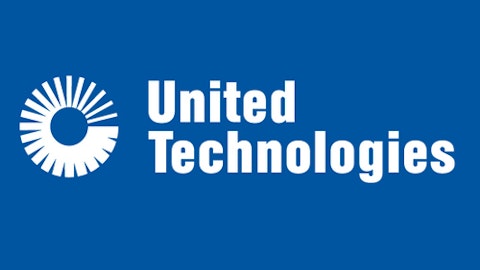Cisco also expects the Internet of Everything to encompass farming, resource extraction (mining and oil drilling), water management, city planning, transportation, and, well, everything else. Anything that isn’t connected now is likely to benefit from a connection over the long run.
As the world’s leading connectivity hardware manufacturer, Cisco has a vested interest in making sure this happens, but the Internet of Everything isn’t likely to need much of a push to get moving. Both Freescale Semiconductor Ltd (NYSE:FSL) and Texas Instruments Incorporated (NASDAQ:TXN) are on the leading edge of the hardware side of this Internet of Everything. I would give Freescale Semiconductor Ltd (NYSE:FSL) the edge at present for its industry-leading miniaturization capabilities (you can read more about its latest chips in the link earlier in this paragraph) — it’s hard to conceive of a working wireless chip much smaller than the pinhead-sized one Freescale already has on the market under current chip-making constraints. However, technology continues to surprise us every day, and other semiconductor manufacturers won’t want to leave their slice of $14.4 trillion on the table.

Source: woodleywonderworks via Flickr .
The downside of a connected world
Cisco recognizes that there will be problems to overcome when everything becomes connected.
Chief among these issues is security: the world already loses over $300 billion a year to hacking and malware, and that’s with less than 1% of the world available to be hacked or otherwise infected. The potential losses to malicious actors become exponentially greater if there are an exponentially greater amount of connections to exploit. Cyberwarfare and cyberterrorism may very well displace their real-world variants as the biggest worry in an Internet of Everything, and it’s likely that a significant amount of the new value realized in this world will flow to cybersecurity companies. Cisco and its peers typically build a security later into their networking products, but more dedicated specialists like Palo Alto Networks Inc (NYSE:PANW) and Symantec Corporation (NASDAQ:SYMC) are likely to gain the most. Palo Alto Networks Inc (NYSE:PANW) has already gotten ahead of the curve by developing its security suite specifically for cloud-computing applications. That sort of experience seems ideal in a world where computation and data collection are dispersed across billions of smaller (but more interconnected) pieces of hardware.
A lesser cousin to security is privacy: When everything is connected, privacy will be something you can only opt out of by living in a cave, like the Unabomber. While this has been one of my major professional concerns, I have to recognize, also, that the American public simply doesn’t seem to care about privacy. Two-thirds of the populace has no problem with privacy intrusions in the pursuit of terrorist threats. If the choice is simply between privacy and personalized service online, the same numbers of Americans still choose against privacy. The end result of constant connectivity is likely to be a society that accepts constant oversight, whether it’s from the government, or from the pizzeria across the street.




